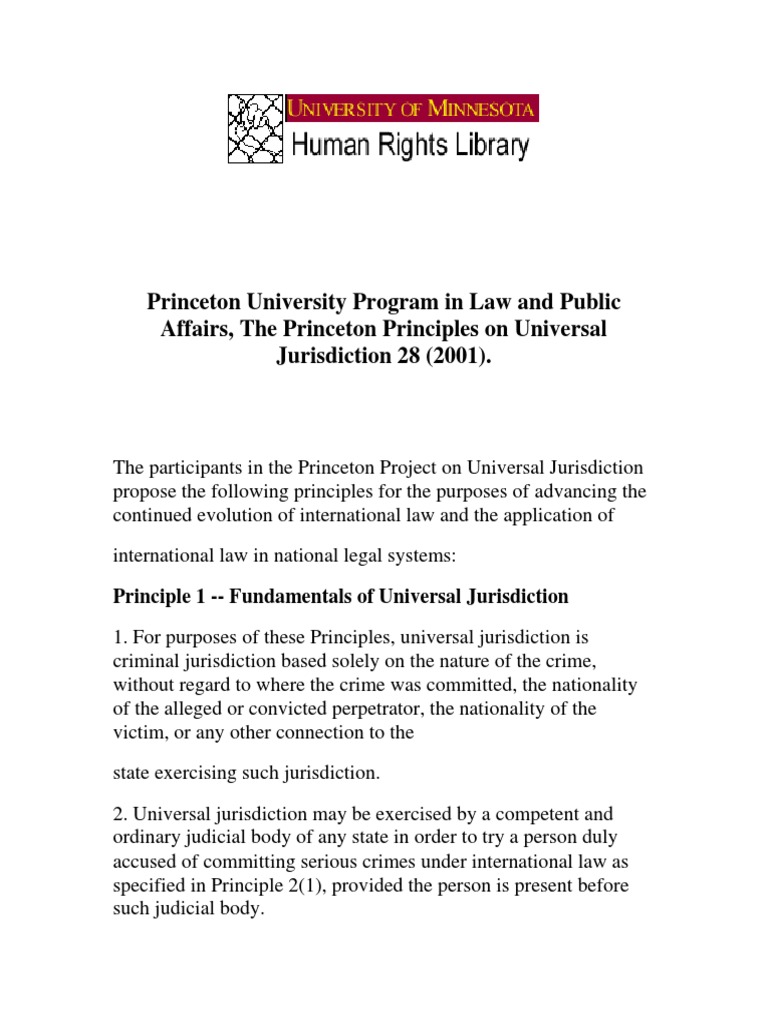In a world fraught with division and strife, how can a collective understanding of unity be fostered? This question lies at the heart of both the Bahá’í teachings and the academic pursuits at institutions like Princeton University. The intersection of these domains offers a fascinating lens through which to explore the 50 Bahá’í Principles of Unity, principles that not only seek to unify humanity but also provide a blueprint for collaborative governance and social harmony.
The Bahá’í Faith, founded by Bahá’u’lláh in the 19th century, is predicated on the belief in the oneness of humanity. This concept serves as the cornerstone of the 50 principles, encapsulating ideals that resonate with individuals seeking to contribute to a more peaceful existence. These principles advocate for an inclusive society, encouraging individuals to transcend personal prejudices and societal biases. They elucidate vital aspects such as the elimination of extremes of wealth and poverty, gender equity, and the universal education of all individuals.
Princeton University, renowned for its commitment to academic rigor and interdisciplinary studies, offers fertile ground for the exploration of such principles. As an academic institution, Princeton strives for excellence in research and education, fostering an environment that encourages dialogue. This dialogue is essential to understanding and promoting Bahá’í teachings in contemporary society. How could the concepts propagated by Bahá’í teachings enhance the university’s mission? Furthermore, could they serve as a guiding framework for addressing societal challenges that transcend individual differences?
Among the 50 principles, a few stand out due to their profound implications on both individual behavior and societal structures. One such principle is the elimination of prejudice. It posits that biases based on race, class, or creed hinder collective progress. Academically, this principle could inspire courses focused on social justice and equity, prompting students to critically assess historical contexts and their modern implications. How does this challenge the status quo within academic environments, and what steps can institutions take to incorporate inclusive practices into their curricula?
Another salient principle is that of universal education. The Bahá’í teachings assert that access to education is not merely a privilege but a fundamental right for all individuals. This is a premise that resonates strongly with Princeton’s commitment to academic excellence. The university could actively explore initiatives that champion educational equity worldwide. Could academic institutions partner with local communities to develop educational programs that align with Bahá’í principles, thereby addressing disparities and fostering a more enlightened global citizenry?
Moreover, the principle of interdependence articulates the idea that humanity is interconnected, much like a vast tapestry. No single thread can exist independently without affecting the overall integrity of the fabric. This metaphor invites individuals to consider their role within a global context. At Princeton, engaging in interdisciplinary research that examines global challenges such as climate change or public health through a Bahá’í perspective could yield innovative solutions that emphasize collaboration over competition. How might this approach reshape traditional academic disciplines and influence future scholarship?
The problem of duality—seeing life as a struggle between opposing forces—permeates much of our discourse today. The Bahá’í teachings advocate for the oneness of all religions, asserting that they are different chapters of the same divine book. This concept challenges the bifurcation often seen in theological studies, compelling scholars to delve deeper into a comparative analysis of religious thought. Princeton’s theological initiative could benefit from incorporating Bahá’í principles, fostering a more nuanced dialogue around spirituality and ethics. How does this shift challenge prevailing narratives within religious studies?
The integration of Bahá’í principles into academic programs at institutions like Princeton also poses a challenge: ensuring that they are not merely adopted as theoretical concepts but rather as actionable tenets that inform behaviors and policies. The difficulty lies in transforming abstract teachings into tangible outcomes that positively affect both university culture and the broader community. Can Princeton serve as a model for other academic institutions by not merely teaching Bahá’í principles but fully embodying them in its mission and practices?
As we consider these questions, it is important to recognize the global context within which both Bahá’í teachings and academic institutions operate. The societal challenges of the 21st century—from climate change to social injustice—require collective action and collaborative solutions. Bahá’í teachings provide a framework that values unity, equity, and shared responsibility. By incorporating these principles into academic discourse, institutions like Princeton can cultivate environments where students are not only well-versed in theory but also equipped to enact meaningful change.
In conclusion, the synthesis of Bahá’í teachings with the academic environment at Princeton presents a unique opportunity to promote unity and understanding in an increasingly polarized world. The exploration of the 50 Baha’i Principles of Unity invites individuals and institutions to reflect on their roles within the global tapestry of humanity. How will we respond to the challenges posed by division? It requires an earnest commitment to not only understand but also to implement principles that advocate for a harmonious coexistence. In this endeavor, both academic institutions and spiritual teachings have vital roles to play, guiding humanity toward a future defined by collaboration, understanding, and unity.
